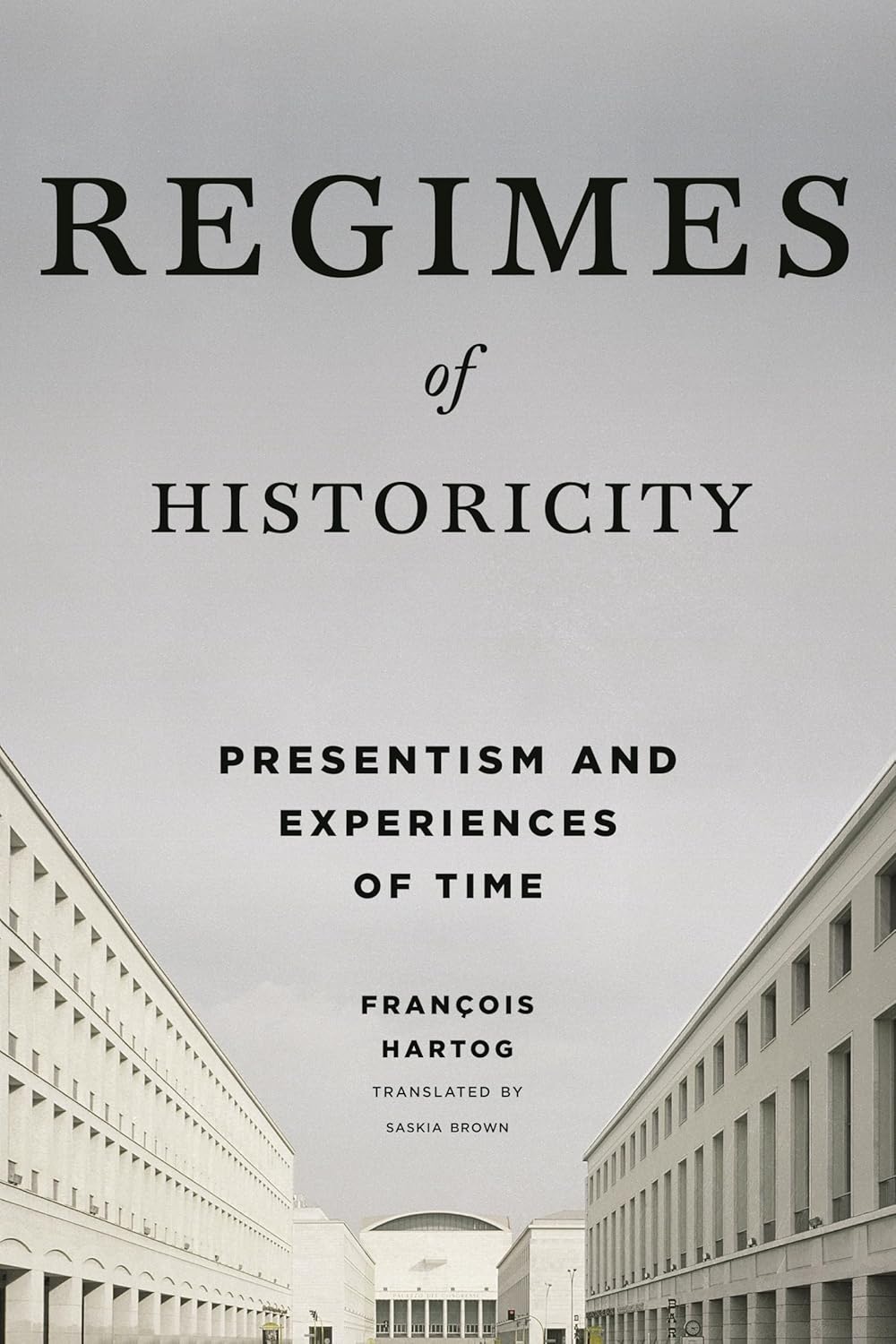Regimes of Historicity | Francois Hartog

Detalii Regimes of Historicity | Francois
carturesti.ro
154 Lei
Carte straina
Columbia University Press
Regimes of Historicity | Francois - Disponibil la carturesti.ro
Pe YEO găsești Regimes of Historicity | Francois de la Columbia University Press, în categoria Carte straina.
Indiferent de nevoile tale, Regimes of Historicity | Francois Hartog din categoria Carte straina îți poate aduce un echilibru perfect între calitate și preț, cu avantaje practice și moderne.
Caracteristici și Avantaje ale produsului Regimes of Historicity | Francois
- Departament: gaming-carti-birotica
- Ideal pentru pasionații de jocuri, birotică și distracție online.
Preț: 154 Lei
Caracteristicile produsului Regimes of Historicity | Francois
- Brand: Columbia University Press
- Categoria: Carte straina
- Magazin: carturesti.ro
- Ultima actualizare: 07-05-2025 02:37:50
Comandă Regimes of Historicity | Francois Online, Simplu și Rapid
Prin intermediul platformei YEO, poți comanda Regimes of Historicity | Francois de la carturesti.ro rapid și în siguranță. Bucură-te de o experiență de cumpărături online optimizată și descoperă cele mai bune oferte actualizate constant.
Descriere magazin:
Francois Hartog explores crucial moments of change in society\'s "regimes of historicity," or its ways of relating to the past, present, and future. Inspired by Hannah Arendt, Reinhart Koselleck, and Paul Ricoeur, Hartog analyzes a broad range of texts, positioning The Odyssey as a work on the threshold of historical consciousness and contrasting it with an investigation of the anthropologist Marshall Sahlins\'s concept of "heroic history." He tracks changing perspectives on time in Chateaubriand\'s Historical Essay and Travels in America and sets them alongside other writings from the French Revolution. He revisits the insights of the French Annales School and situates Pierre Nora\'s Realms of Memory within a history of heritage and today\'s presentism, from which he addresses Jonas\'s notion of our responsibility for the future. Our presentist present is by no means uniform or clear-cut, and it is experienced very differently depending on the position we occupy in society.We are caught up in global movement and accelerated flows, or else condemned to the life of casual workers, living from hand to mouth in a stagnant present, with no recognized past, and no real future either (since the temporality of plans and projects is inaccessible). The present is therefore experienced as emancipation or enclosure, and the perspective of the future is no longer reassuring, since it is perceived not as a promise, but as a threat. Hartog\'s resonant readings show us how the motor of history(-writing) has stalled and help us understand the contradictory qualities of our contemporary presentist relation to time.

Produse asemănătoare
Produse marca Columbia University Press

Zhuangzi. A New Translation of the Sayings of Master Zhuang as Interpreted by Guo Xiang, Paperback/***
![]() elefant.ro
elefant.ro
Actualizat in 28/10/2025
216.99 Lei

Black Sun. Depression and Melancholia, Paperback/Julia Kristeva
![]() elefant.ro
elefant.ro
Actualizat in 28/10/2025
144.99 Lei

Varieties of Temporal Experience. Travels in Philosophical, Historical, and Ethnographic Time, Hardback/Professor Michael D. Jackson
![]() elefant.ro
elefant.ro
Actualizat in 28/10/2025
634.99 Lei

Let There Be Light. How Electricity Made Modern Hong Kong, Paperback/Mark (Asia Business Council) Clifford
![]() elefant.ro
elefant.ro
Actualizat in 28/10/2025
216.99 Lei

On the Prowl: In Search of Big Cat Origins, Hardcover/Mark Hallett
![]() elefant.ro
elefant.ro
Actualizat in 28/10/2025
216.99 Lei

The Savage Detectives Reread, Paperback/David Kurnick
![]() elefant.ro
elefant.ro
Actualizat in 28/10/2025
122.99 Lei